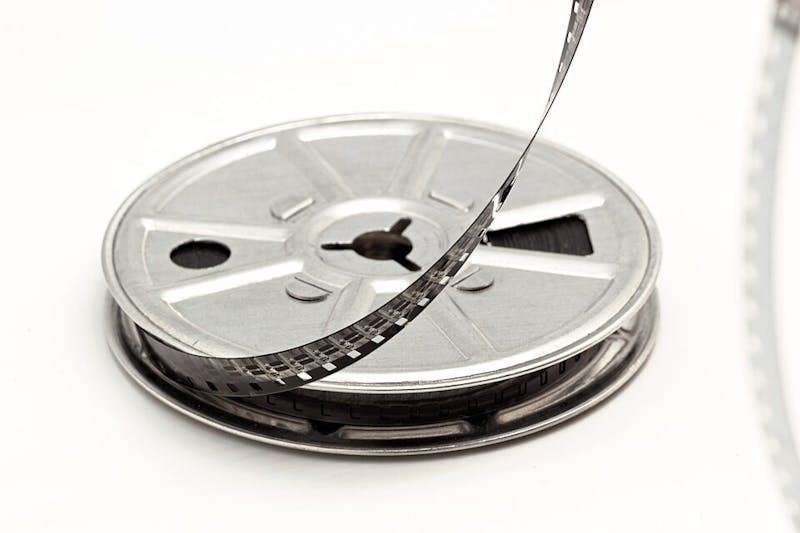It is 2000. The year of Y2K, Backstreet’s Back, and Nintendo’s Game Cube.
According to The Death Penalty Information Center (DPIC) for six years, William Nieves has been on death row, but this year, a Philadelphia jury has acquitted him of murdering Eric McAiely in 1992. Convicted in 1994, Nieves maintained his innocence and was granted a new trial because, according to his lawyer John McMahon, Jr., “William Nieves’ first trial was not presented in the way it should have been presented, and that’s wrong when someone is being sentenced to death.”
The DPIC, a Philanthropedia -awarded 2011-2014 top nonprofit organization, provides Nieves’ and other’s death row acquittal stories. Since 1973, there have been 140 of these individuals in the U.S. exonerated from the death sentence. Obviously the justice system has holes, and this is one reason I feel the death penalty is not the most effective form of punishment for capital offenders. It is costly, too.
A 2008 Baltimore Sun article reported that according to a study paid for by Abell Foundation and prepared by the Urban Institute, “A national, nonpartisan research organization in Washington,” reaching the death sentence costs Maryland $3 million per case; “$1.9 million more than a non-death penalty case costs, even after factoring in the long-term costs of incarcerating convicted killers not sentenced to death.”
In Pennsylvania, the DPIC reports similar findings; the justice system’s capital case selection process is flawed, resulting in extremely wasteful costs. Originally, I thought I would provide some support for the death penalty here with concerns about crime deterrence.
Alas, according to a survey of former and present presidents of the country’s top academic criminological societies, a mere 5 percent believe the death penalty actually deters crime, while 88 percent do not, and 7 percent claimed to have no opinion.
If capital punishment does not deter crime and is not cost effective, nor does the justice system always provide accurate offenders, what is the purpose of killing those convicted? Sit the criminals in a padded room for a while, nix their social interaction, and let them dwell for the rest of their miserable life, never to see daylight again. I see the biblical eye-for-an-eye defense, yet if someone took my life, I would much rather them lose their soul.
For more Slate opinion follow @cassclarhaut





The Slate welcomes thoughtful discussion on all of our stories, but please keep comments civil and on-topic. Read our full guidelines here.